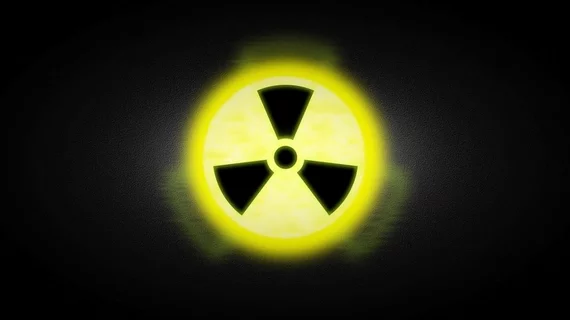Isotope shortage update: Target restart date for downed reactor has been set
After being inactive since January, the downed high-flux reactor in the Netherlands is set to resume production of medical isotopes in the near future, according to an update provided by Nuclear Medicine Europe Emergency Response Team.
The most recent announcement indicates that there is a plan in place to restore the reactor’s cooling function, which is currently under review with the NRG’s reactor safety committee. The plan still awaits approval and various licensing requirements, however, officials have set a target restart date of March 17, when the HFR is set to begin its second operating cycle of 2022.
Due to the unplanned outage of the HFR, its first operating cycle of 2022 was canceled. The production halt resulted in a shortage of critically important radioisotopes, such as Mo-99, Lu-177 and I-131, which are used for medical imaging and as therapeutics.
In the wake of such supply chain issues, Poland’s research reactor, Maria, immediately stepped up its production of Mo-99 to assist with the impending isotope shortage. Additionally, the BR2 reactor resumed its medical radioisotope production on Feb. 12. The update from the Emergency Response Team (ERT) suggests that because of these measures, the supply chain issues are resolving.
But a new study published Feb. 16 in the American Journal of Roentgenology highlights a potential solution—a recently developed commercial system that allows for spot compression views to be obtained via DBT. The system uses a small paddle for localized compression while the DBT images are acquired, similar to DM spot views. Researchers hypothesized that the additional views would increase accuracy and potentially improve interreader and intrareader agreement.
Related Radiotracer Isotope Shortage News:
Netherlands nuclear reactor has resumed operations after unplanned outage
Medical isotope shortage looms as 'unplanned' outage halts Mo-99, Lu-177 production
University's research reactor increases medical isotope production in wake of supply disruption
Texas A&M University to lead isotope R&D trainee program with $2 million grant
University's research reactor increases medical isotope production in wake of supply disruption
One chemistry professor's role in increasing radioisotope production in the U.S.
NorthStar breaks ground on isotope facility, moves toward doubling domestic Mo-99 supply
Isotope update: Target date for resuming production of Mo-99 still unclear
Wisconsin company to begin producing medical isotopes next year
Medical isotope update: Shortage expected to last weeks as nuclear reactor remains sidelined
Nuclear reactor in Poland steps up to address Mo-99 shortage
Medical imaging isotope producer Shine finalizes merger with fusion technology specialist
SHINE gains exclusive license for Lu-177 radioisotope production
“Supply of Mo-99/Tc-99m and Lu-177 is expected to return to normal within one week, I-131 should be back to normal during the first half of March,” the statement reads.
The next update from the ERT is expected to arrive on Feb. 21.
You can view the full statement here.












